[vc_row padding_top=”0%”][vc_column][vc_message]All of your gas appliances, including your gas boiler, gas cooker and gas fire should be safety checked once a year and serviced regularly according to the manufacturer’s instructions. If you do not have your gas appliances regularly serviced and safety checked by a Gas Safe registered engineer you could be putting yourself, your family and neighbours at risk and in possible danger of carbon monoxide poisoning.[/vc_message][/vc_column][/vc_row][vc_row padding_top=”0%”][vc_column][wpc_custom_heading heading=”What is a gas safety check?” colored_line=”yes” size=”medium”][vc_column_text el_class=”eicrbullet”] A gas safety check involves a Gas Safe registered engineer. We wouldn’t dream of using an inexperienced or unregistered engineer to inspect your gas appliances. We will check the appliance is working correctly and will check the following four areas:
A gas safety check involves a Gas Safe registered engineer. We wouldn’t dream of using an inexperienced or unregistered engineer to inspect your gas appliances. We will check the appliance is working correctly and will check the following four areas:
- Gas appliances are on the right setting and burning correctly with the correct operating pressure.
- Harmful gases are being removed from the appliance safely to the air outside.
- Any ventilation routes are clear and working properly.
- All the safety devices are working.
The check will identify any defects which require any remedial work. You should have a gas safety check every year. If you are a landlord, this is the law. We will swiftly correct any faults at a fair price.[/vc_column_text][wpc_custom_heading heading=”Signs that your appliances need servicing:” colored_line=”yes” size=”medium”][vc_column_text el_class=”eicrbullet”]Gas appliances should be serviced regularly but if you notice any of the warning signs below, you should arrange for a Gas Safe registered engineer to service your appliance as soon as possible:
- Your gas appliance is not working properly.
- Your appliance is burning with a lazy yellow flame instead of a crisp blue flame.
- You can see black marks or stains on or around your gas appliances.
- The pilot light keeps going out.
- There is increased condensation in the room.
All Gas Safe registered engineers must follow the Gas Industry Unsafe Situations Procedure (GIUSP) when assessing the risks of an unsafe gas appliance. This guidance provides ‘best practice’ advice to Gas Safe registered engineers on how they should deal with various gas safety concerns which may affect your safety. This may include switching off any unsafe services.[/vc_column_text][wpc_custom_heading heading=”Gas safety records” colored_line=”yes” size=”medium”][vc_column_text]After a Gas Safe registered engineer has fitted, carried out a safety check or serviced your gas appliance; they may leave you with a report which explains what checks they have completed. This report may be issued as a gas safety record, depending on the job you have asked them to do. It isn’t always a legal requirement for your engineer to give you this type of information, but many Gas Safe registered engineers will provide it or similar. We recommend you agree with your service provider before they complete the work what documentation you will receive.
The gas safety record tells you that the gas appliance or gas fitting has been checked to see if it is working safely and meets the correct safety standards. This information may also tell you when you next need to service the appliance. As with any documentation, always check it includes your engineer’s name and Gas Safe registration number.[/vc_column_text][wpc_custom_heading heading=”Flues, chimneys and air vents” colored_line=”yes” size=”medium”][vc_column_text]Flues, chimneys and air vents play a vital role in the safe operating of gas appliances. Flues and chimneys allow products of combustion to escape from your home. Air vents ensure there is a good supply of combustion air (ventilation) to appliances. For this reason, you must keep all flues, chimneys and air vents clear.
Never block these airways to prevent a draft. Blocking ventilation is dangerous and could result in carbon monoxide building up in your home.
Have chimneys checked every year, no matter how much you use the fire, to make sure there are no blockages and fumes can escape freely. The Gas Safe registered engineer will check for bird’s nests, leaves and other natural debris, as they could be blocking the exit.[/vc_column_text][wpc_custom_heading heading=”Shared flues” colored_line=”yes” size=”medium”][vc_column_text]Do you live in a block of flats or terraced housing? It is also possible for carbon monoxide to seep into properties through shared flues and chimneys. If you live in a property with a shared flue or chimney, share the responsibility to get them checked every year to make sure they are allowing gas to escape.
Please contact us to get your Gas safety test.[/vc_column_text][/vc_column][/vc_row][vc_row][vc_column][wpc_custom_heading heading=”Other Testing Services” colored_line=”yes”][/vc_column][/vc_row][vc_row][vc_column width=”1/3″][wpc_featured_box image=”1694″ more_text=”EICR – Electrical Installation Condition Reports” link=”url:http%3A%2F%2Fwww.eicredinburgh.com%2Feicr-pat-testing-gas-safety-check-emergency-light%2Feicr-electrical-installation-condition-reports%2F||”][/vc_column][vc_column width=”1/3″][wpc_featured_box image=”1689″ more_text=”PAT – Portable Appliance Testing” link=”url:http%3A%2F%2Fwww.eicredinburgh.com%2Feicr-pat-testing-gas-safety-check-emergency-light%2Fpat-portable-appliance-testing-in-edinburgh%2F||”][/vc_column][vc_column width=”1/3″][wpc_featured_box image=”1691″ more_text=”Emergency Light Testing” link=”url:http%3A%2F%2Fwww.eicredinburgh.com%2Feicr-pat-testing-gas-safety-check-emergency-light%2Femergency-light-testing-in-edinburgh%2F||”][/vc_column][/vc_row]
